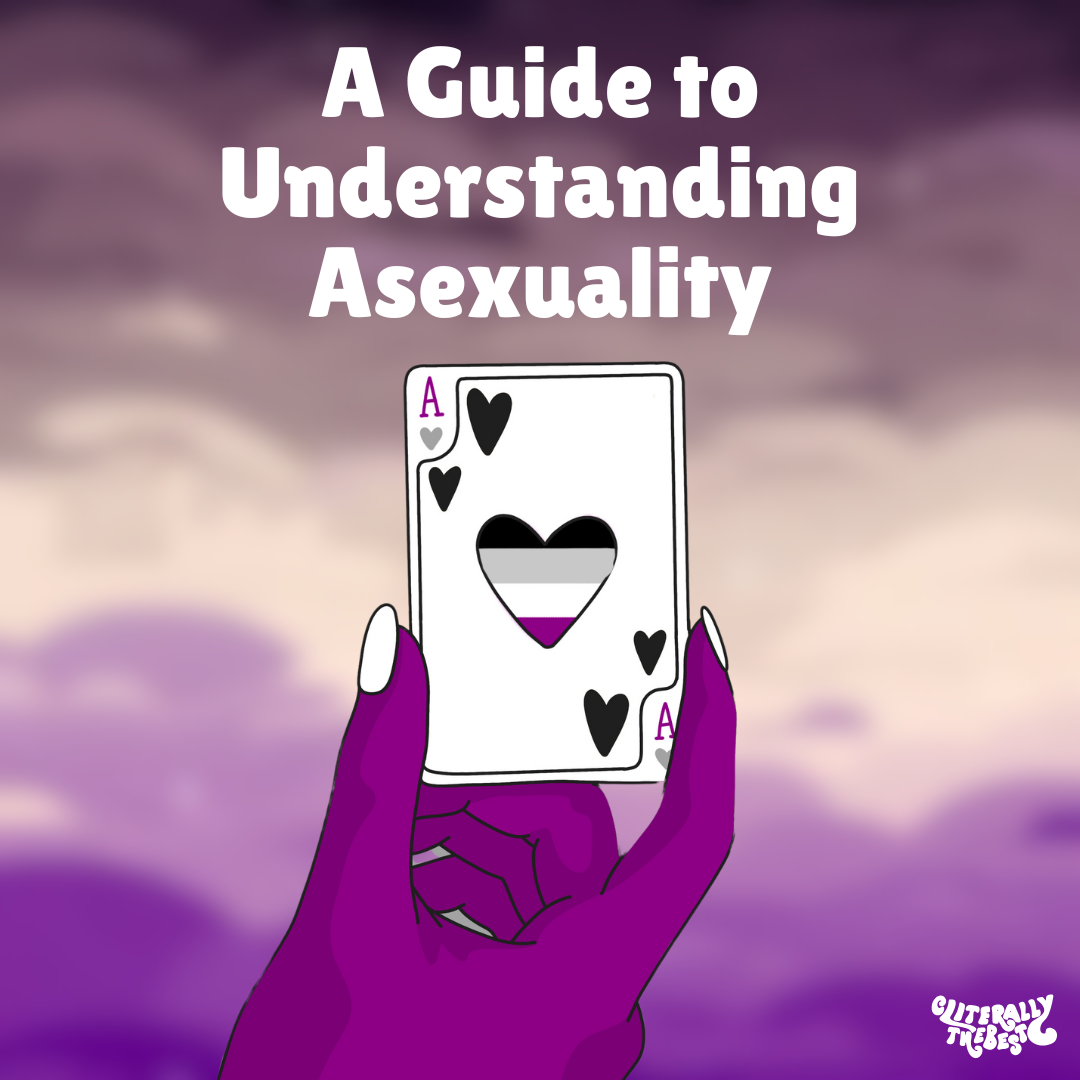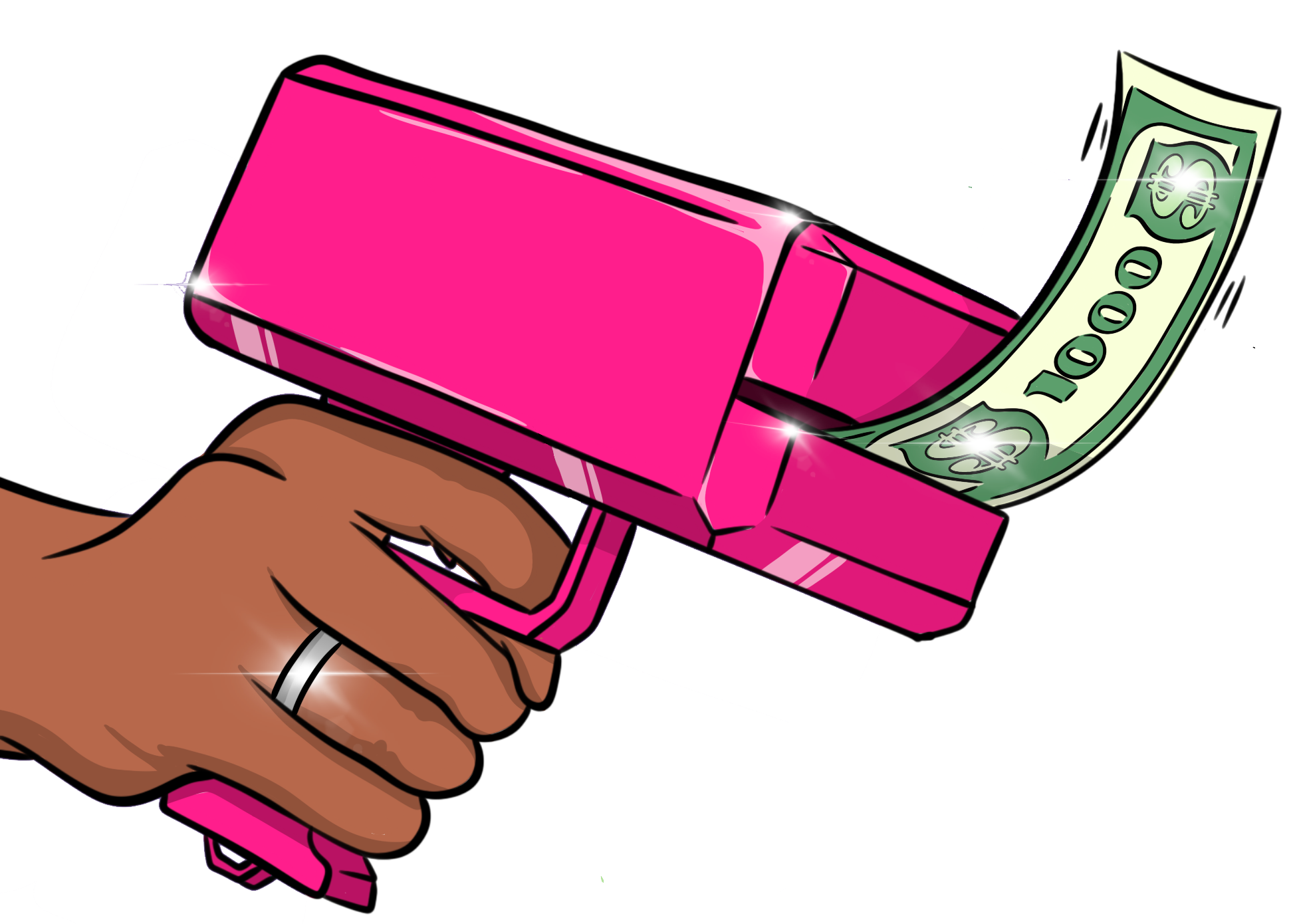John Gottman is a psychologist and relationship expert, famous for his groundbreaking work on what makes relationships last.
Over decades of research, he's been able to ‘predict with a high degree of accuracy whether couples will stay together or break up’, based on their communication patterns and behaviours.
One of his key contributions is the concept of the “Four Horsemen," which refers to four negative communication habits that can lead to relationship breakdowns. This can be a handy way of highlighting and making sense of how these harmful behaviours if left unchecked, can erode trust and intimacy.
But Gottman also emphasises that recognising and working through them can lead to stronger, healthier connections. His work gives couples a roadmap for how to communicate better and resolve conflicts in a way that strengthens their bond instead of weakening it.
What Are The Four Horsemen?
According to Gottman, The "Four Horsemen" are four common behaviours that can seriously mess up a relationship if they’re not addressed. They’re like warning signs that things could go downhill if you’re not careful. Here’s a quick breakdown:
-
Criticism – This is when complaints turn into attacks on your partner’s character. Instead of saying "I’m upset you didn’t do the dishes," it’s more like "You never help with anything. You’re so lazy."
-
Contempt – This is a major red flag. It’s when you show disrespect, maybe through sarcasm, name-calling, or mocking. It’s basically when you treat your partner like they’re beneath you, and it’s really toxic.
-
Defensiveness – When someone feels attacked, they might get defensive, like making excuses or turning the blame back on their partner. It’s like putting up a wall instead of taking responsibility.
-
Stonewalling – This happens when one partner shuts down during an argument. Instead of engaging, they withdraw emotionally, maybe by ignoring the other person or just going silent.
While these behaviours can damage a relationship, Gottman’s big point is that they’re not the end of the road if you can recognise them and work on healthier communication habits!
What Do We Worth Through The 4 Horsemen?
Here’s how you can tackle the "Four Horsemen" and keep your relationship on track:
-
Criticism → Use Gentle Start-Up
Instead of blaming or attacking, talk about how you feel and what you need without accusing your partner. For example, instead of "You never help around the house," try "I feel overwhelmed when the chores pile up. Can we figure out a better way to handle them?" -
Contempt → Build Appreciation
Contempt is a relationship killer, so combat it by focusing on the positives. Regularly express appreciation, gratitude, and respect for your partner. Even small compliments or "thank you’s" can go a long way in keeping the relationship healthy. -
Defensiveness → Take Responsibility
It’s tough not to get defensive, but owning up to even a small part of the problem can defuse conflict. If your partner brings something up, try saying, "You’re right, I should’ve handled that better," rather than immediately shifting the blame. -
Stonewalling → Self-Soothing
When you feel overwhelmed and want to shut down, take a break to calm down instead of withdrawing completely. Let your partner know you need a little time to cool off, then come back to the conversation once you’re feeling more grounded.
These strategies can help you shift from unhealthy patterns to more positive, productive ways of handling conflict and keeping your connection strong.
What About Abusive Relationships?
The "Four Horsemen" are super helpful for understanding common communication issues in relationships that are mostly healthy but hit rough patches. But they really don’t apply to abusive relationships because, in those cases, the problem isn’t about communication—it’s about one person using power and control to harm the other.
In an abusive relationship, it's not just bad conflict habits; it's intentional behaviour to manipulate or dominate the other person, which is a totally different thing. The line is crossed when one partner is consistently trying to control, hurt, or intimidate the other—whether emotionally, physically, or mentally. You can’t "fix" that with better communication, and trying to apply the "Four Horsemen" in this situation can actually be harmful. It could make the victim feel responsible for not doing enough when the real issue is the abusive behaviour itself. In these cases, it’s more about getting support and finding safety, not just talking things out.
If you think or are unsure if you are in an abusive relationship, don't hesitate to contact these helplines and support services for abusive relationships in the UK, USA, and worldwide:
UK
- National Domestic Abuse Helpline: 0808 2000 247 (24/7, run by Refuge)
- Men's Advice Line: 0808 801 0327 (for male victims of domestic abuse)
- Galop: 0800 999 5428 (support for LGBTQ+ individuals facing abuse)
- The Mix: 0808 808 4994 (support for under-25s)
USA
- National Domestic Violence Hotline: 1-800-799-SAFE (7233) or text "START" to 88788 (24/7)
- Loveisrespect: 1-866-331-9474 or text "LOVEIS" to 22522 (for young people experiencing abuse)
- The Hotline for Men: 1-877-643-1122
- RAINN (Rape, Abuse & Incest National Network): 1-800-656-HOPE (4673) (for sexual abuse and assault)
Worldwide
- UN Women: Provides global resources and emergency support services.
- Hot Peach Pages: hotpeachpages.net (Directory of domestic violence resources globally)
- Women's Aid International: womens-aid.org.uk (Links to support services in multiple countries)








